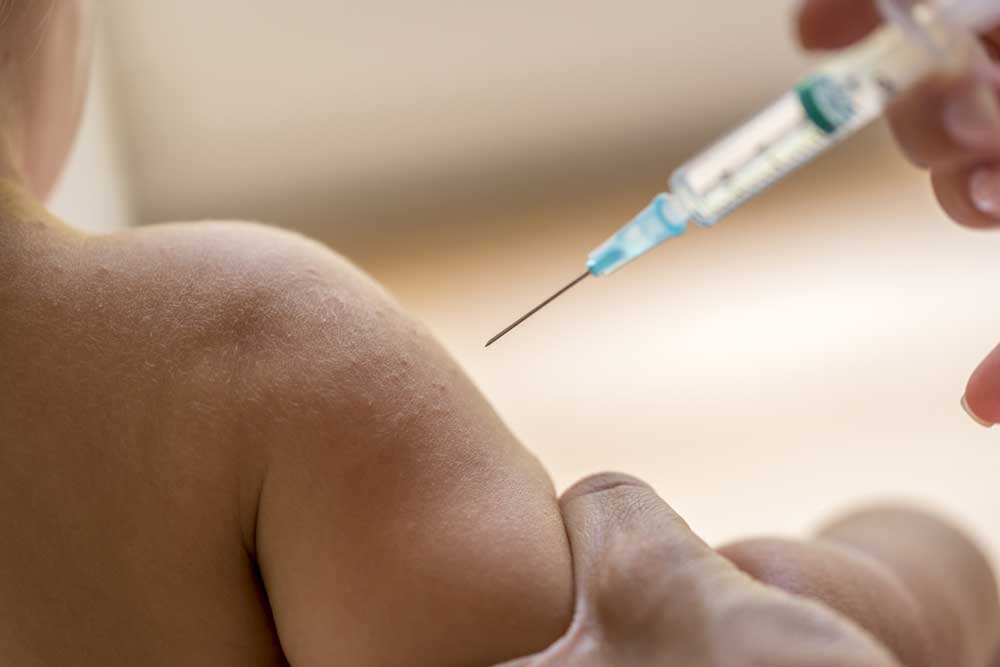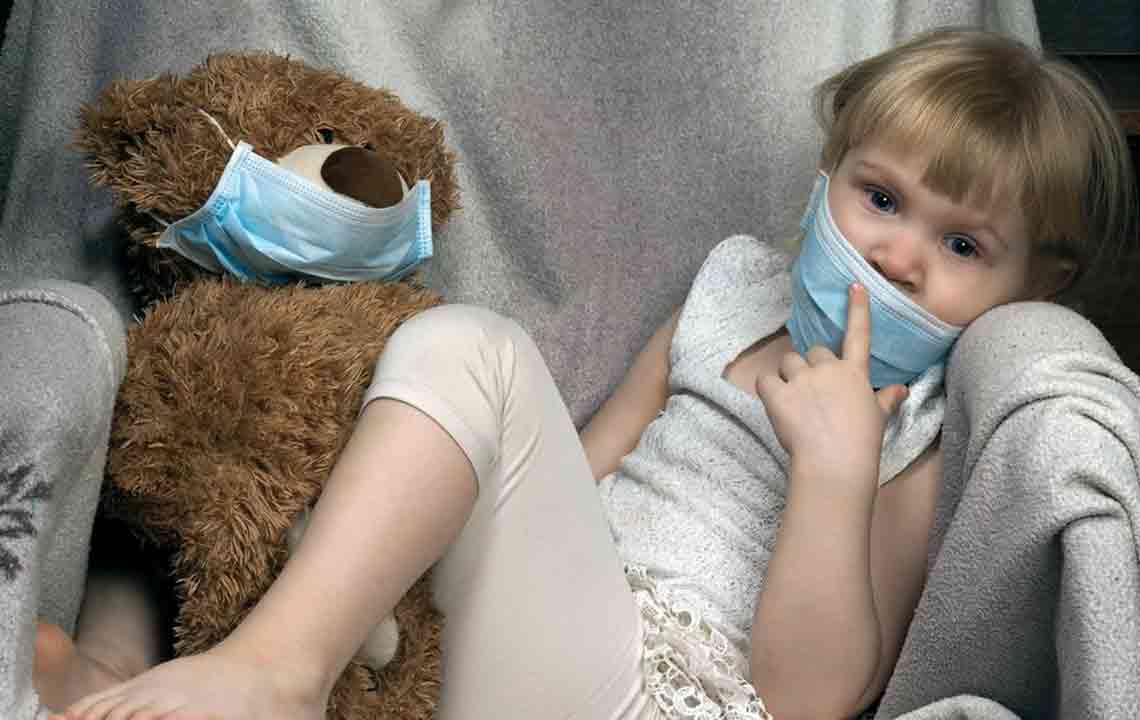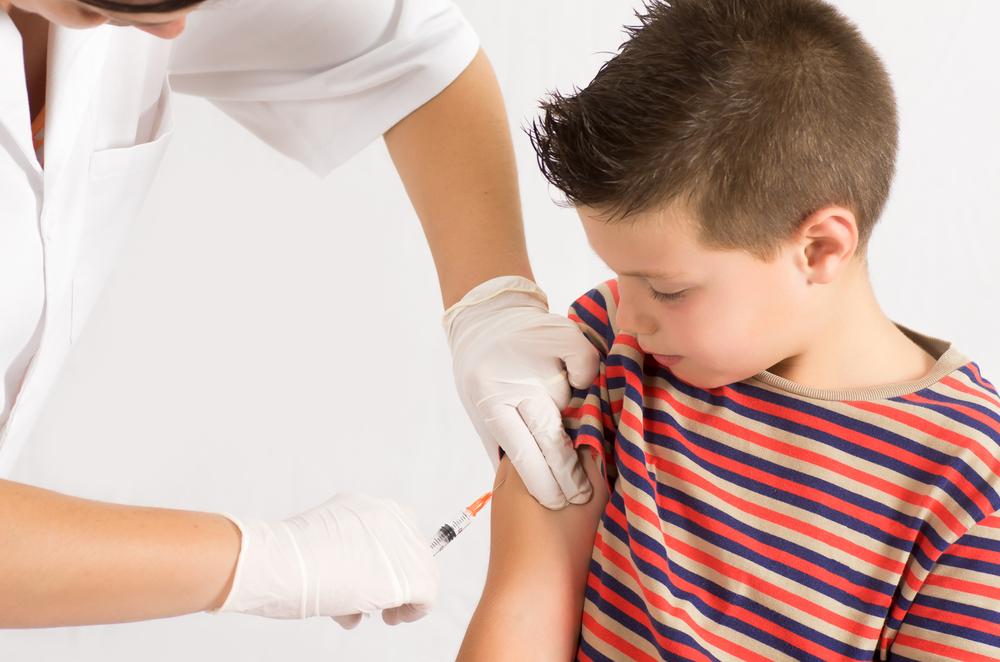Comprehensive Guide to Vaccination Schedule for Young Children’s Health
This comprehensive guide explores the critical vaccination schedule for young children, emphasizing the importance of timely immunizations to prevent serious diseases. It covers essential vaccines recommended by the CDC, their benefits, and highlights the significance of consulting a pediatrician for personalized plans. Protect your child's health by understanding the immunization timeline and ensuring they receive vaccines at the appropriate ages, laying a solid foundation for lifelong health.

Comprehensive Guide to Vaccination Schedule for Young Children’s Health
Ensuring your child's health and well-being begins with understanding the importance of timely immunizations. Vaccinations are a cornerstone in the prevention of many serious and potentially life-threatening diseases in children. While breast milk provides some natural immunity during the earliest months of life, this protection gradually diminishes as your baby grows and begins exploring their environment. As a result, adhering to a carefully planned vaccination schedule is crucial in building a strong, long-lasting immune defense system for your child.
In the United States, the Centers for Disease Control and Prevention (CDC) provides comprehensive immunization schedules designed to guide parents and healthcare providers in ensuring children remain protected at each stage of their development. These schedules are based on extensive research and aim to prevent outbreaks of preventable diseases, safeguarding both individual children and public health overall.
Understanding Why Vaccines Are Essential
Vaccinations serve as a proactive measure to bolster your child's immune system. They work by introducing harmless components or versions of germs that cause specific diseases. This stimulates the child's immune response, leading to the production of antibodies. These antibodies act as a customized defense team, ready to combat the real pathogens if the child encounters them in the future. By ensuring your child receives all recommended vaccines on time, you significantly reduce their risk of contracting serious diseases such as hepatitis, meningitis, pneumonia, and measles.
Hepatitis B (HepB) – This vaccine is typically given in three doses, beginning at birth. It is critical in preventing hepatitis B infection, which can cause severe liver disease later in life. Most U.S. states mandate the HepB vaccine for school eligibility.
Rotavirus (RV) – Administered in two or three doses, this vaccine shields infants from rotavirus, a leading cause of severe diarrhea and dehydration in young children that can necessitate hospitalization.
Haemophilus influenzae type b (Hib) – Usually given in three or four doses, the Hib vaccine prevents bacterial meningitis, epiglottitis, and pneumonia, which can be life-threatening if not prevented.
DTP (Diphtheria, Tetanus, and Pertussis) – This combined vaccine is administered in five doses during early childhood. It is vital for protection against diphtheria, tetanus, and whooping cough. Booster doses are essential during adolescence and adulthood to maintain immunity.
Polio (IPV) – Consisting of four doses, the IPV vaccine protects children from poliomyelitis, a crippling disease that can cause paralysis.
Pneumococcal Conjugate Vaccine (PCV) – Given in four doses, this vaccine significantly reduces the risk of pneumonia, meningitis, and bloodstream infections caused by pneumococcal bacteria.
Measles, Mumps, Rubella (MMR) – Typically administered in two doses, the first between 12-15 months and the second at least 28 days later, or between ages 4-6. This vaccination prevents these highly contagious diseases, which can have severe complications.
Hepatitis A (HepA) – This two-dose series is recommended for children aged 1-2 years, providing protection against hepatitis A, a disease that causes liver inflammation.
Varicella (Chickenpox) – The two-dose varicella vaccine offers immunity against chickenpox, preventing an illness which, although often mild, can lead to complications in some cases.
Although these vaccination guidelines are issued by the CDC, it's essential to recognize that each child's health circumstances may differ. Some children might require a customized immunization schedule based on their medical history and specific needs. Consulting with your pediatrician is the best way to develop a personalized vaccination plan that ensures comprehensive protection for your child at every stage of their development.
The importance of sticking to recommended immunization schedules cannot be overstated. Immunizations not only protect your child from various diseases but also contribute to community health by reducing the spread of contagious infections. Remember, maintaining up-to-date vaccinations is one of the most effective ways to ensure your child's safe and healthy future, providing peace of mind for parents and caregivers alike.



